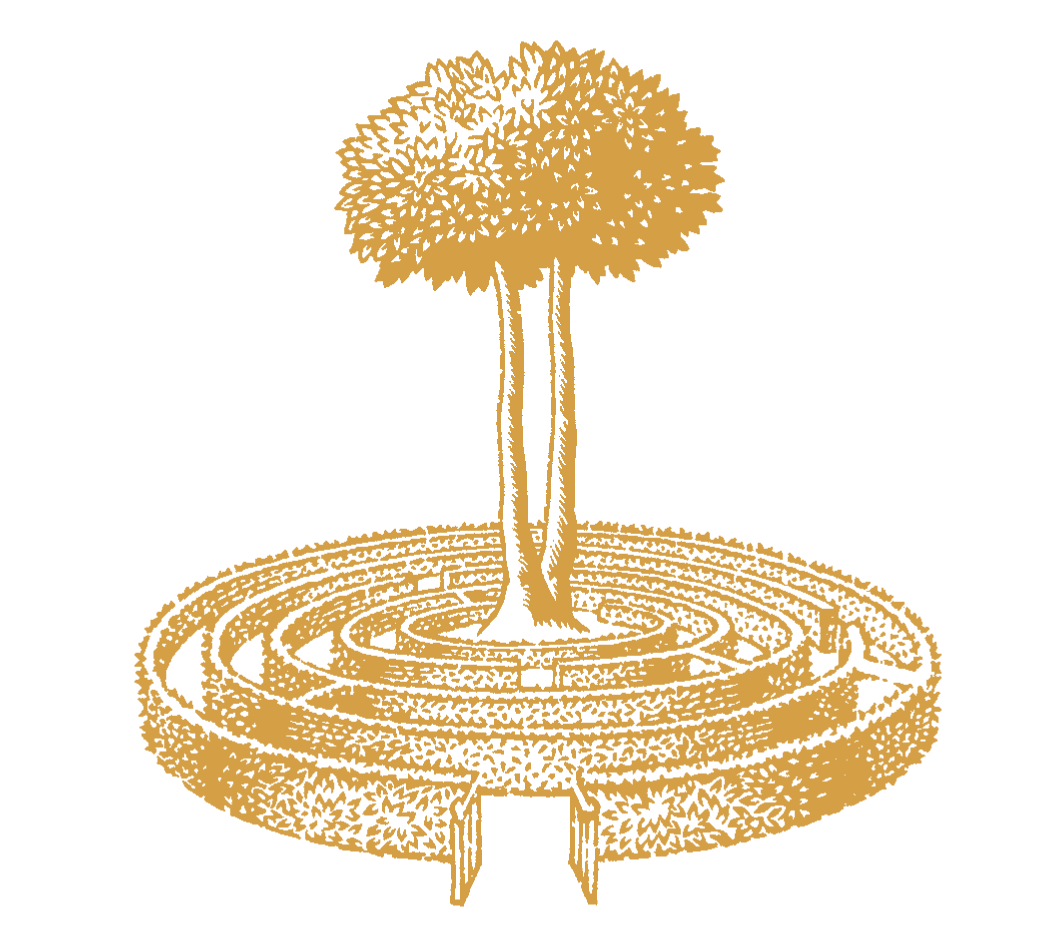The question of whether science is beneficial or not can be hard to answer. Scientists are encouraged to follow their interests. However, this can lead to research that focuses on a variety of subjects, many of which aren’t directly beneficial to society. For instance, a significant aspect of science is the creation of theories and making mpgpress.com/the-new-breakthrough-in-the-global-pharmaceutical-industry predictions that can be testable. These discoveries are used to design new technologies, for instance drugs and medical devices.
In order to be useful science must also solve problems and issues that affect human well-being. This requires collaboration with stakeholders to define their needs, formulate specific goals and formulate an effective plan for addressing those requirements. Many scientific initiatives are lacking this type of collaboration, and instead focus on developing research without a direct connection to society. Furthermore the effects of research are usually not evaluated and monitored in an effective manner.
Many strategies have been devised to generate usable research which includes the concept of translational ecology (TE), which emphasizes the need for scientists to think about and respond to the research context. TE emphasizes the importance of involving the end users in a meaningful manner throughout the research process, and encouraging decision-making based on learning like adaptive management.
Selecting a topic that is both fascinating and scholarly can be a challenge for students, especially given the time limits that are often enforced by professors. This is where the list of basic research topics in science come in useful for students to choose an area that will help them earn the approval of their professors while helping them contribute valuable information to the scientific community.


